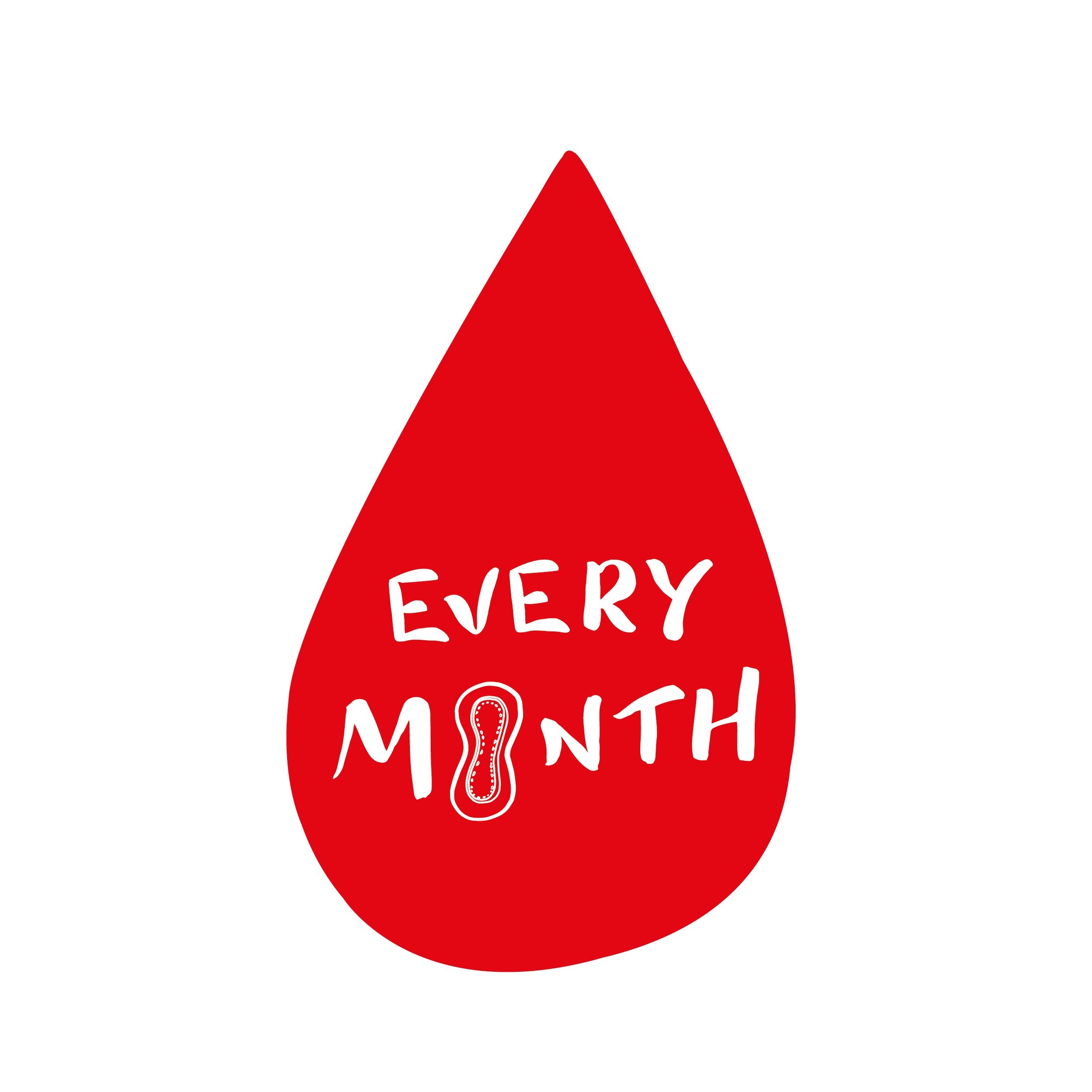The school saying ‘prove it’ to period pain sick days
A school in Cambridgeshire has been criticised online for its refusal to authorise sick days due
to period pain without “related medical information”.
Neale-Wade Academy has published a list of terms it will no longer be accepting as
explanations for student absence, including ‘ill’, ‘poorly’, ‘unwell’ and, you guessed it, ‘period
pains’ – unless the school receives relevant medical proof from parents.
The changes at the school come into force two months after the government published its new
guidance on improving school attendance, which essentially lists ‘regular and punctual
attendance at school’ as both a legal requirement and essential for pupils to maximise their
education. Sounds great in principle.
But if genuine health issues are being dismissed without revealing medical information which
may or may not exist, it leaves us wondering – why are schools making it difficult for people with
invisible conditions to be validated? And why are period pains being dismissed as a credible
health concern once again?
Put a pin in period pain for a second; that a child or parent must disclose the medical reasoning
behind a student’s short-term illness and absence from school seems arguably invasive.
Principal of Neale-Wade Academy, Graham Horn, said the school prioritises student wellbeing,
but that regular attendance is “crucial to academic success”. What this policy doesn’t consider is
disclosing medical issues can often be embarrassing and personal, especially for teenagers
during the tumultuous years of secondary school. A policy like this doesn’t seem to be
prioritising student wellbeing, only increasing stress on both students and parents.
The new rules state having “a cold”, something most of us (post Covid especially) would accept
as a reasonable excuse to stay home, would warrant recording an “unauthorised absence”.
Even more archaic is the requirement to provide ‘related medical information’ to prove your
period pains are... well, real.
For the few pupils pulling a sickie and feigning a cough or a sneeze, what about the people
experiencing their first years of period pains? Already perhaps getting used to changing their
tampon, pad or underwear during the school day, already perhaps dealing with the
embarrassment that often comes with leaking or cramps – now they can’t use period pains as
an authorised reason to have a day off?
What’s often misunderstood about period pains is the scale of pain people can experience. It
ranges from a few hours of mild cramping, through to undiagnosed conditions such as
endometriosis, which affects around 1.5 million people across the UK. The pain is often crippling
and debilitating for thousands of sufferers every month. A March 2024 report by Endometriosis
UK talks about the effects of the condition, not being able to undertake day-to-day activities such
as attending work or school, while being told it’s ‘normal’, ‘you’ve got a low pain threshold’, or
even not being believed.
What kind of example are we setting for the future workplaces of Gen Z and Gen Alpha if pupils
feel as though they have to carry on attending lessons while experiencing pain? You wouldn’t be
expected to be in school with a migraine, an ear infection or debilitating pain anywhere else in
your body. So, why are periods singled out? The school in question asks for relevant medical
information as proof, but with conditions such as endometriosis mostly diagnosed between the
ages of 25 and 40, and period pains often irregular from month to month, little proof is available
and adequate for children to be believed.
Unfortunately, this harps back to an archaic attitude around period pain as something people
just have to get on with. It’s another example of plunging awareness around periods into the
past, an outmoded movement away from awarding validation to invisible conditions. As
diagnoses improve and stigma around period pain takes large steps forward in the corporate
world, surely, we should be incorporating this into policy across educational institutions to set the
tone.
Through a lot of resistance to the stance set by the school, the period pain policy has been reversed. As it should be.
Ensuring schools are safe spaces for a comfortable discourse around periods and period pain is
a vital step to removing the shame around period poverty and helping those who need it most.
Let’s work to make this school an exception, not the rule, for organisations across the country when it comes
to recognising period pain as what it is – much more than a pain in the arse.
Every Month provides period packs to people who need them, no cost or stigma. We are here
for any and everybody.
